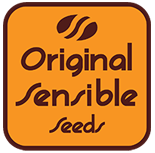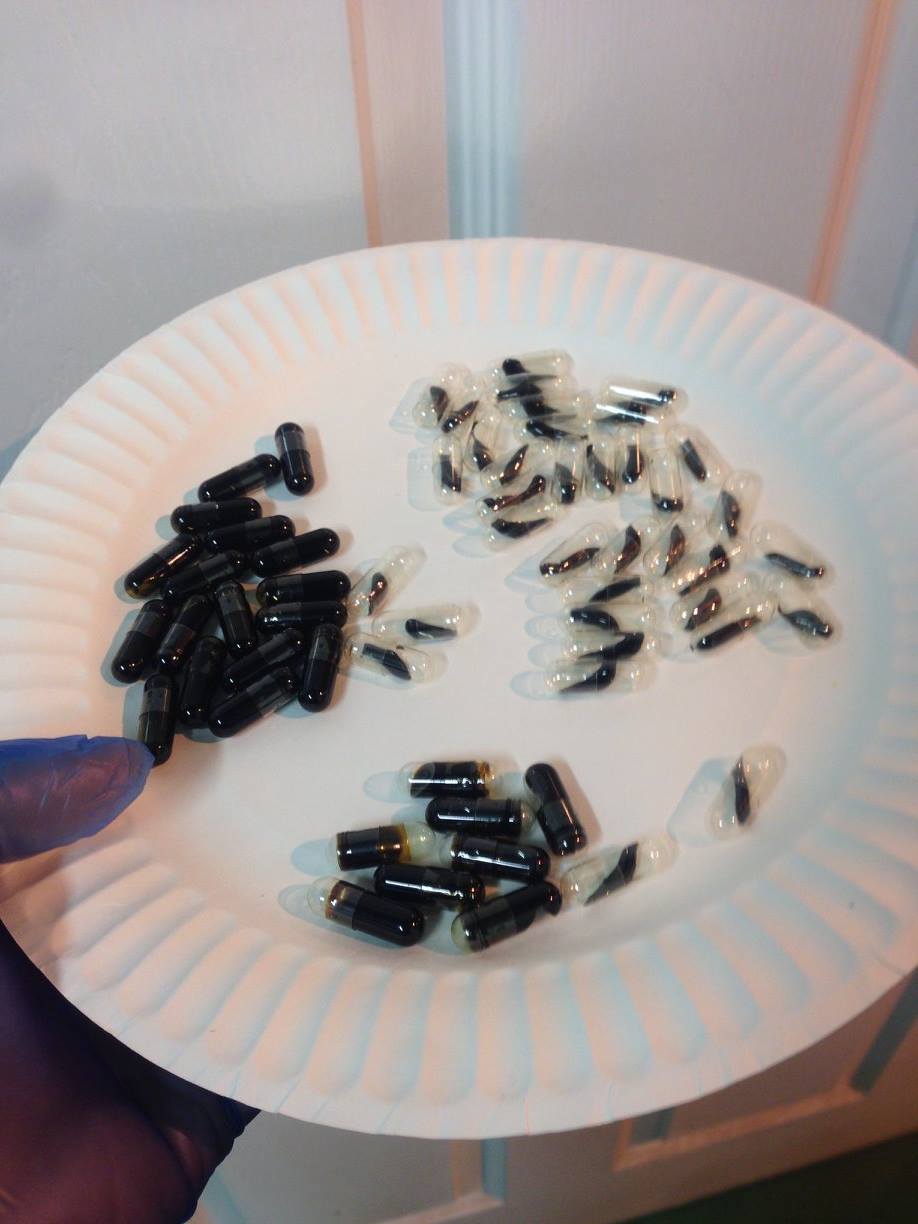Medicinal Cannabis Series
Part 4: Epilepsy, and How To Get Relief Through Cannabis
Understanding Epilepsy
Epilepsy is one of humanity’s oldest recorded neurological conditions. It arises when bursts of abnormal electrical activity in the brain trigger seizures that can vary from brief lapses in awareness to full convulsions. For many, the unpredictability of these episodes affects not only physical health but confidence, independence, and peace of mind.
Current medications help many people, yet about one-third continue to experience uncontrolled seizures or side effects such as fatigue and brain fog. This is why researchers have turned increasing attention to cannabis, particularly CBD (cannabidiol), for its potential to stabilise neuronal activity and support overall neurological calm.
Cannabis does not cure epilepsy, but its compounds appear to work with the body’s endocannabinoid system (ECS), a regulatory network that influences mood, sleep, inflammation, and the transmission of nerve signals. By supporting this internal balance, certain cannabinoid and terpene profiles may help the brain find a steadier rhythm.
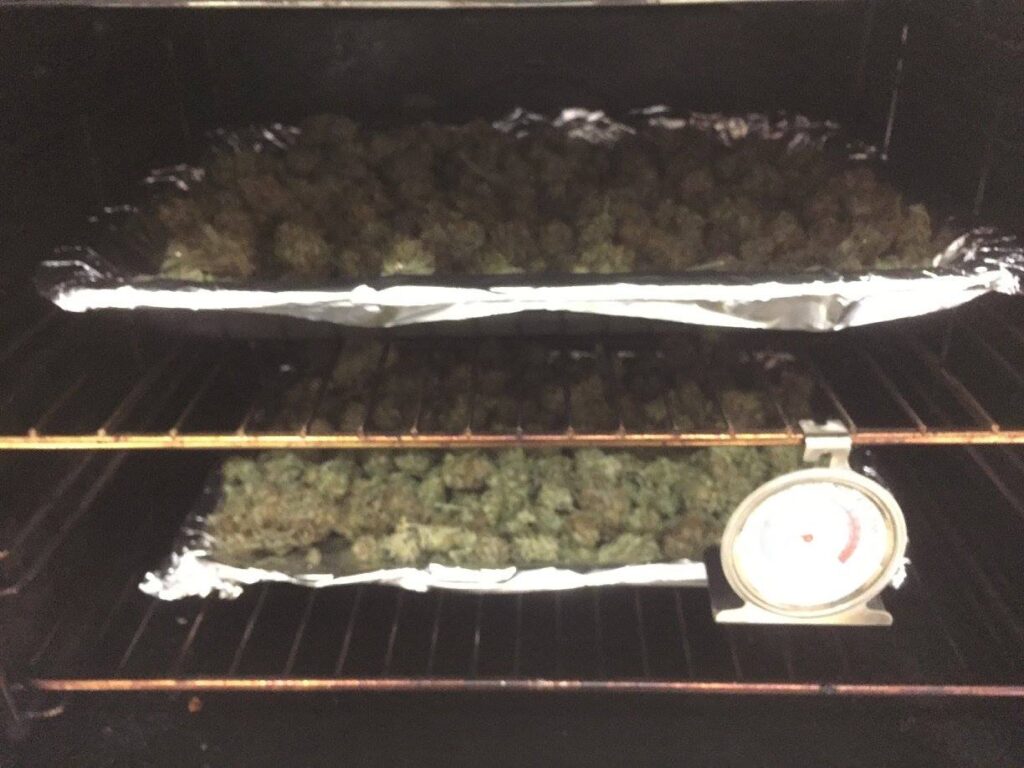
How Cannabis May Help with Epilepsy
Epileptic seizures begin with disrupted communication between neurons. Cannabis compounds interact with the ECS to help modulate that communication, easing excessive electrical activity without heavy sedation.
CBD (Cannabidiol)
Non-intoxicating and well-researched, CBD influences serotonin, adenosine, and vanilloid pathways to regulate calcium flow in neurons and calm overactivity. Clinical evidence, including the development of Epidiolex, shows measurable reductions in seizure frequency in some treatment-resistant epilepsies.
THC (Δ⁹-Tetrahydrocannabinol)
In low, balanced concentrations, THC may complement CBD through the entourage effect, moderating neurotransmitter release and easing muscle tension. Excessive THC, however, can overstimulate the brain, so proportion and profile matter.
CBG (Cannabigerol)
This minor cannabinoid shows early promise for neuroprotection and anti-inflammatory action, helping the brain recover from oxidative stress.
The Role of Terpenes in Neurological Health
Terpenes give cannabis its aroma and also contribute therapeutic nuance:
| Terpene | Typical Effect | Potential Role in Epilepsy Support |
| Linalool | Calming, sedative | May reduce seizure activity and anxiety |
| Myrcene | Muscle relaxant | Promotes calm and rest after episodes |
| β-Caryophyllene | Anti-inflammatory | Protects neural tissue via CB₂ binding |
| Pinene | Clarity, neuroprotective | Supports cognitive recovery |
| Limonene | Uplifting, stress-relief | Balances mood and eases tension |
Together these compounds create a layered harmony that supports steadiness and resilience throughout the nervous system.
Original Sensible Seeds Strains Relevant to Epilepsy
From its own genetic library, Original Sensible Seeds offers strains whose chemistry aligns with research into neurological balance and relaxation. Each combines stable cannabinoid ratios with calming, anti-inflammatory terpenes, all genuine OSS genetics.
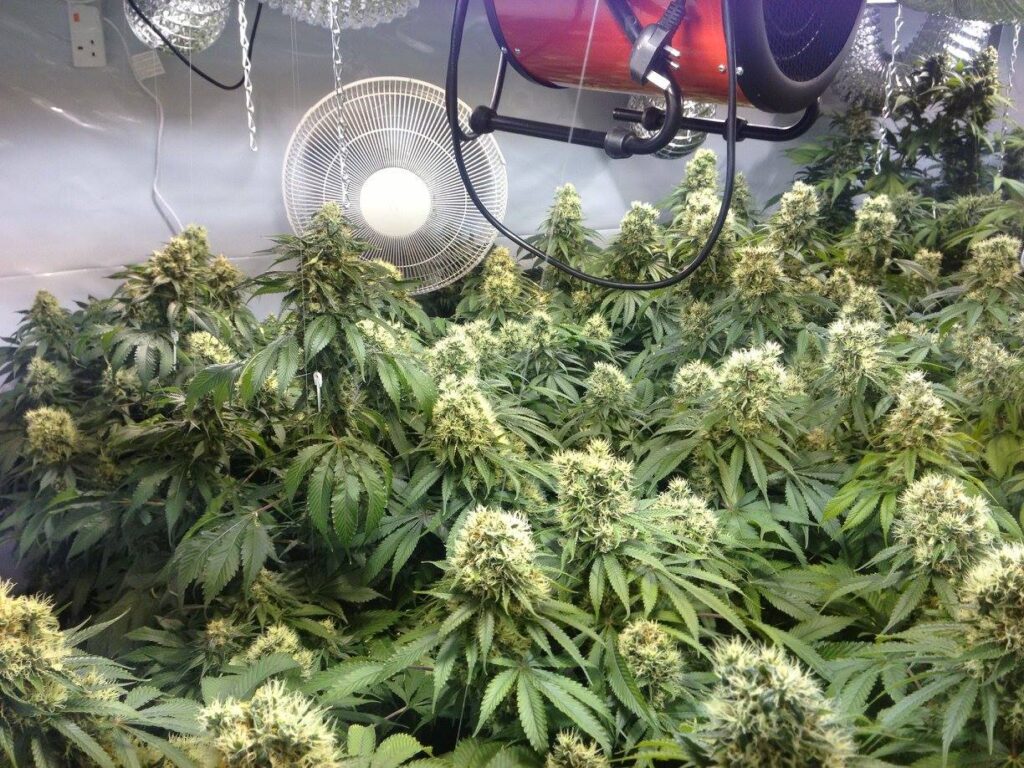
Cannaboom CBD+ (FEM)
50 % Indica / 50 % Sativa | THC ≈ 8 % | CBD ≈ 10–12 %
Myrcene, Caryophyllene, Pinene
→ CBD-rich and non-intoxicating; promotes calm focus and neural stability for daytime balance.
Grandaddy Black (FEM)
95 % Indica | THC ≈ 23 %
Myrcene, Caryophyllene, Linalool
→ Deeply sedative and restorative; ideal for night-time recovery and nervous tension.
Blackwater (FEM)
90 % Indica | THC ≈ 22 %
Myrcene, Linalool, Caryophyllene
→ Soothing and grounding; encourages sleep and muscular relaxation.
Gelato (FEM)
55 % Indica / 45 % Sativa | THC ≈ 25 %
Limonene, Caryophyllene, Myrcene
→ Balances mental clarity with relaxation; supports stress relief and emotional stability.
Do-Si-Dos OG (FEM)
70 % Indica | THC ≈ 25 %
Limonene, Caryophyllene, Myrcene
→ Gently uplifting yet calming; helps relieve anxiety and restore composure.
Girl Scout Cookies (FEM)
80 % Indica | THC ≈ 23 %
Caryophyllene, Myrcene, Humulene
→ Comforting and steady; suitable for easing stress and encouraging rest.
Gorilla Cookies (FEM)
70 % Indica / 30 % Sativa | THC ≈ 22 %
Caryophyllene, Myrcene, Limonene
→ Potent yet balanced; provides strong relaxation and tension relief while maintaining clarity.
Do-Si-Dos Auto (AUTO)
70 % Indica | THC ≈ 22 %
Myrcene, Limonene, Caryophyllene
→ Smooth, stable calm for all-day equilibrium and evening rest.
Key Strains at a Glance
| Strain | Primary Benefit | THC / CBD | Dominant Terpenes | Ideal Use |
| Cannaboom CBD+ (FEM) | Neurological calm & clarity | THC 8 % CBD 10–12 % | Myrcene, Caryophyllene, Pinene | Day – focus & balance |
| Grandaddy Black (FEM) | Rest & nervous recovery | THC 23 % | Myrcene, Caryophyllene, Linalool | Night – deep calm |
| Blackwater (FEM) | Relaxation & rest | THC 22 % | Myrcene, Linalool, Caryophyllene | Night – unwind & restore |
| Gelato (FEM) | Calm focus & stability | THC 25 % | Limonene, Caryophyllene, Myrcene | Day – stress relief |
| Do-Si-Dos OG (FEM) | Relaxation & mood support | THC 25 % | Limonene, Caryophyllene, Myrcene | Evening – relax |
| Girl Scout Cookies (FEM) | Comfort & emotional calm | THC 23 % | Caryophyllene, Myrcene, Humulene | Evening – settle |
| Gorilla Cookies (FEM) | Calm & stress relief | THC 22 % | Caryophyllene, Myrcene, Limonene | Day/Evening – relief & clarity |
| Do-Si-Dos Auto (AUTO) | Relaxation & focus | THC 22 % | Myrcene, Limonene, Caryophyllene | Day/Evening – balance |
Research Insight and Summary
Scientific interest in cannabis for epilepsy continues to grow. Evidence indicates that CBD, together with supporting cannabinoids and terpenes, may reduce neuronal hyperactivity and promote steadier electrical rhythms in the brain.
The Original Sensible Seeds genetics highlighted here combine these same chemical traits, consistent cannabinoid ratios and terpene balances rich in myrcene, caryophyllene, and linalool, creating ideal models for continued research into neurological calm and resilience.
Cannabis is not a cure, but its ability to cooperate with the body’s own endocannabinoid network offers hope for improved rest, emotional balance, and quality of life.
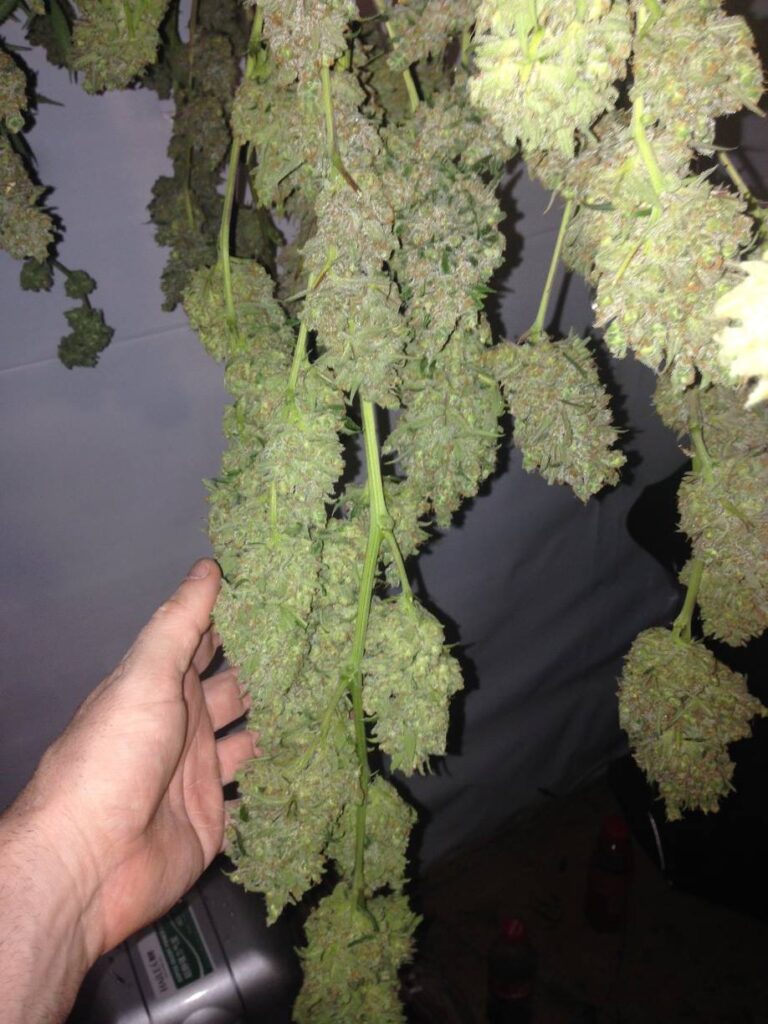
Disclaimer
This article is provided for research and educational purposes only.
It is not medical advice, nor a substitute for professional diagnosis or treatment.
Cannabis affects each person differently, and its use — whether medicinal or otherwise — must comply with local laws and be discussed with a qualified healthcare professional, especially for those taking prescribed medication or managing neurological conditions.
All strains mentioned are genuine Original Sensible Seeds genetics, included for their botanical and chemical profiles, not as treatment recommendations.
All photos are courtesy of our growers on Grow Diaries. Check more out here.
Check out our Ultimate Grow Guide for great tips and tricks for bigger yields and better quality.
